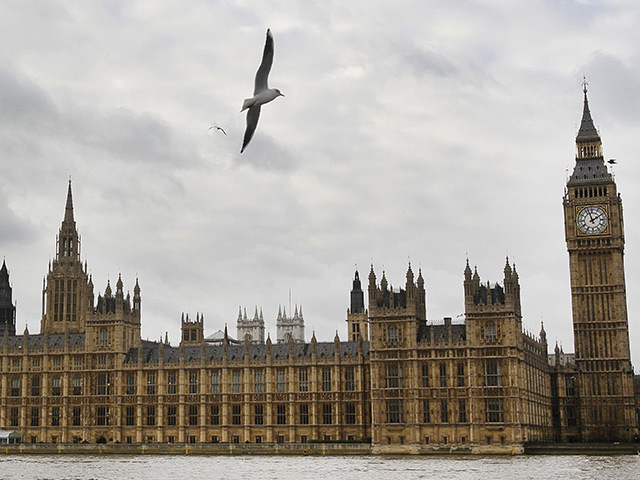
All energy firm lobbyists should face regulation, Ed Miliband said as the Opposition raised questions about ministers’ relationships with the “big six“ firms.
Mr Miliband is braced for a co-ordinated industry backlash against his pledge to freeze energy bills for 20 months if Labour takes power at the 2015 general election.
He said the Government’s Lobbying Bill would fail to cover the activities of the energy giants’ in-house staff or provide sufficient sanctions to be effective.
Labour is tabling amendments designed to strengthen the legislation when it returns to the Commons later this week.
Reports claimed that Department of Energy and Climate Change (DECC) ministers had met representatives of the “big six” at least 128 times since May 2010 – five times the number of meetings at the DECC offices with groups representing energy consumers.
Labour said the debate over energy “must not be one-sided”.
Mr Miliband said: “We have a broken energy market that isn’t working for ordinary families and businesses. Yet rather than act, this Tory-led Government is letting energy firms overcharge millions of families who are struggling to pay their ever-rising energy bills.
“No wonder the public thinks David Cameron stands up for the wrong people.
“Nor will the Government’s Lobbying Bill capture the big energy lobbyists, who will continue to escape scrutiny.
“Unlike David Cameron, I will stand up to vested interests.
“That is why Labour will reset our broken energy market and, in the time it takes to put that in place, freeze energy bills until the start of 2017.
“And we will bring in a universal register of all professional lobbyists, along with a code of conduct backed by sanctions. We will put families struggling with their energy bills first.”
Labour amendments would extend a new statutory register to in-house lobbyists such as those used by the big energy companies and impose “real sanctions” for any breach of a code of conduct.
They would also seek to establish “proper oversight of potential conflicts of interest when appointments are made in government”.
Recommended for you
